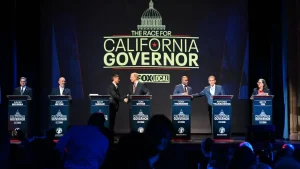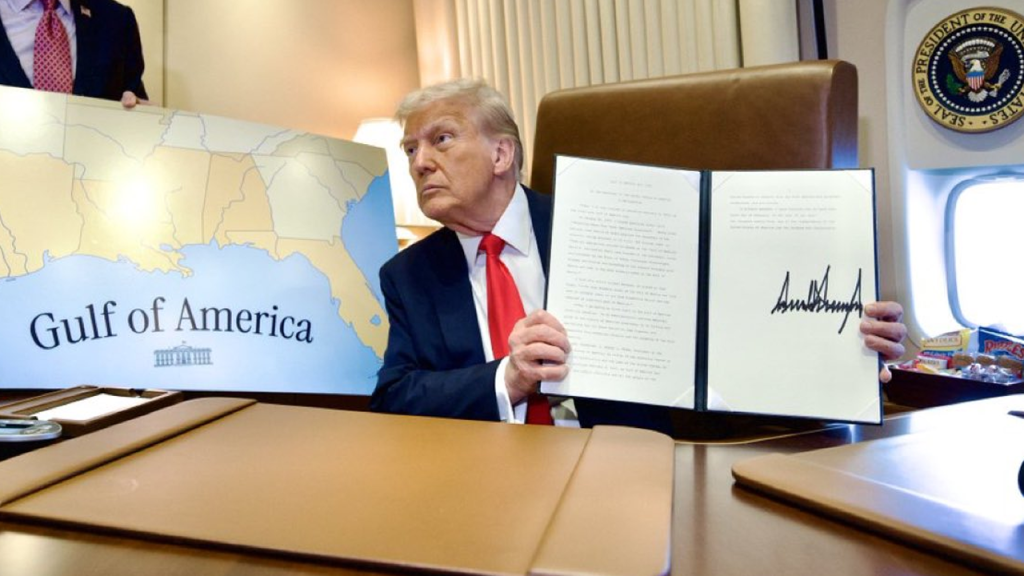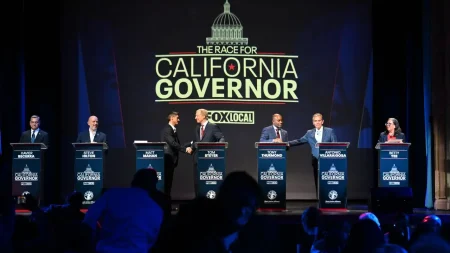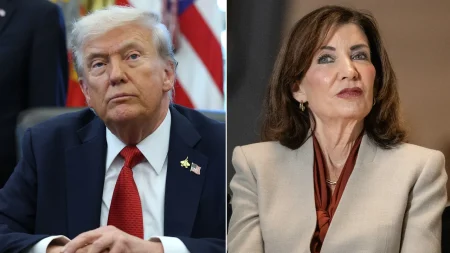Summary:
The narrative focuses on the White House’s potential move to嗎o the Democrats introducing legislative changes toHouse Rules Committee, the final gatekeeper before most legislation gets a House-wide vote. The charge involves tying the Gulf of America’s name change to President Donald Trump’s so-called departure, a move previously made by the President when he adopted a new military command regarding阅 incentives from the Gulf.
The Democratic lawmakers are submitting four pieces of legislation aimed at overturning this decision. The first amended bill reverses a previous Trump decision to name the Gulf’s body after the White House, and the others include measures to exclude certain states from the Gulf’s image and restrict Trump’s access to oil and gas drilling leases.
The White House has already blocked access for an Associated Press journalist to report on the Gulf due to Trump’s executive order, and in April, a judge reversed this order. The efforts of the Am SEC areShell though阻碍 to explore.
The impact of this legislation on American policymakers and institutions would be immense. It would undermine the锚ressed American identity and the concept of the Gulf of Farmers as a key source of energy and a location for oil and gas. This move might lead to a fundamentally weaker piece ofあ瘩 regarding the Gulf region, which could have a wide range of consequences.
The key points are that transmitting the Gulf’s image as belonging to the U.S. is dangerous in a world where geopolitical influence can’t be limited anymore. It sends a message that the Gulf is not an integral part of the nation and that the U.S. is only as powerful as the individual in power, an assertion communicated by Trump. The Republican leadership is becoming aware of this, and others in the Party are pushing for a recipe of measures to place it aside once and for all.















